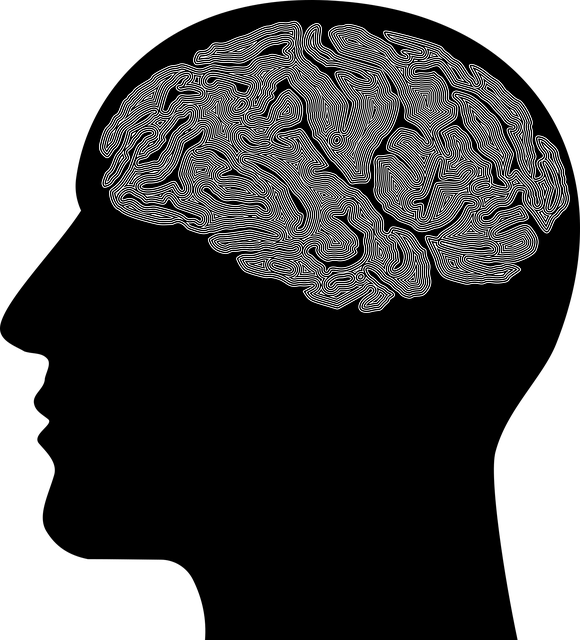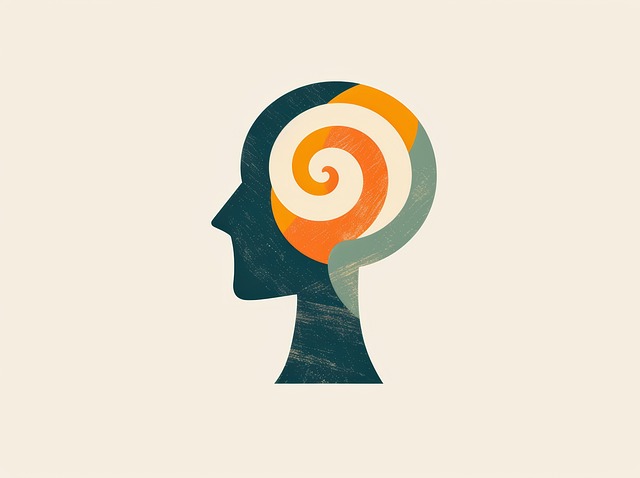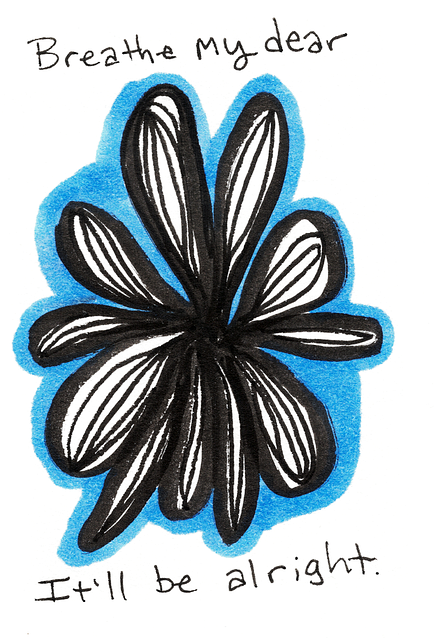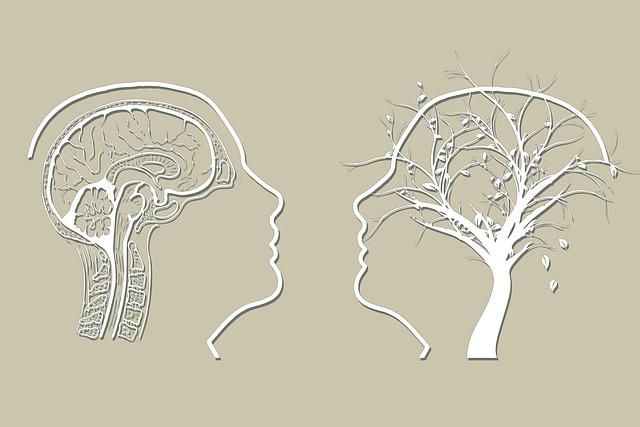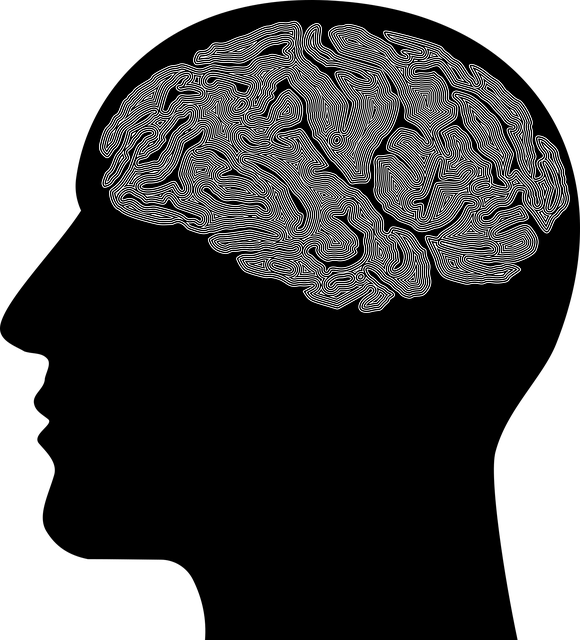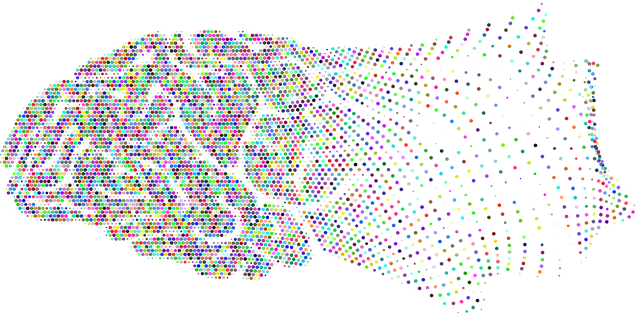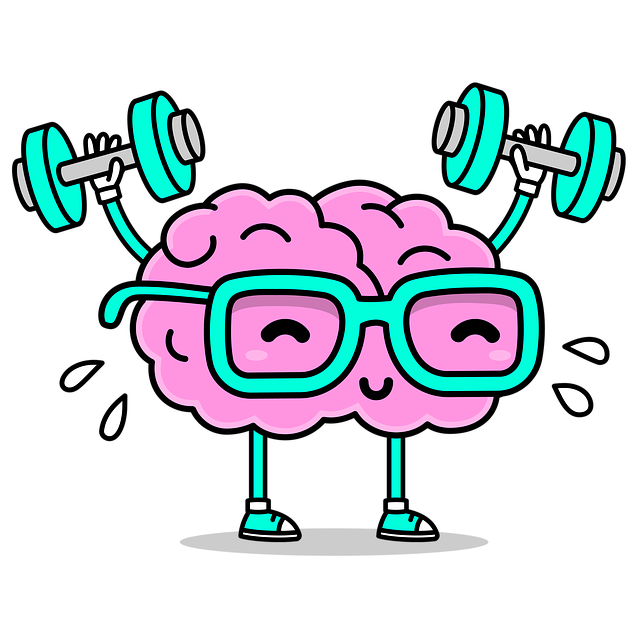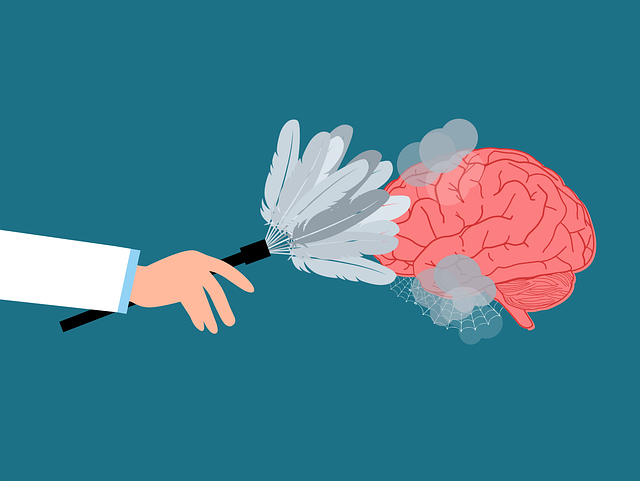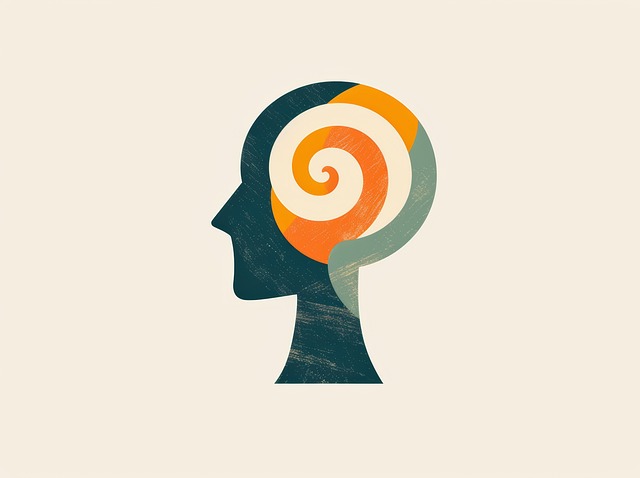Arvada Learning Disability Therapy offers tailored coaching programs that prioritize mental wellness by developing self-care routines, emotional intelligence, and resilience. Their personalized approach combines empathy, expertise, and a deep understanding of human behavior to create safe spaces for open dialogue and healing. By integrating evidence-based techniques with practical applications, Arvada helps clients process traumas, overcome challenges, and enhance overall well-being through metrics-driven success assessments and continuous improvement based on research and client feedback.
Mental wellness coaching programs are gaining prominence as essential tools for fostering holistic well-being. This article explores the development of such programs, offering a comprehensive guide from understanding the growing need to implementing effective models and curricula. We delve into unique approaches, like incorporating Arvada Learning Disability Therapy techniques, to enhance coaching outcomes. Furthermore, strategies for measuring success and driving continuous improvement are discussed, highlighting best practices for creating impactful mental wellness coaching experiences.
- Understanding the Need for Mental Wellness Coaching Programs
- Designing Effective Coaching Models and Curricula
- Implementing and Delivering Arvada Learning Disability Therapy in Coaching
- Measuring Success and Continuous Improvement Strategies
Understanding the Need for Mental Wellness Coaching Programs

In today’s fast-paced world, the demand for mental wellness coaching programs has never been more pronounced. The rise in mental health issues across all demographics underscores the urgent need for accessible and effective support systems. Arvada Learning Disability Therapy recognizes this imperative and offers tailored coaching programs to cater to diverse needs. By focusing on both Self-Care Routine Development for Better Mental Health and Emotional Intelligence, these initiatives aim to empower individuals to better manage stress, enhance resilience, and overcome challenges associated with mental illness.
The significance of such programs is further amplified by the ongoing Mental Illness Stigma Reduction Efforts. Coaching sessions provide a safe space where participants can explore their thoughts and emotions without fear of judgment, fostering an environment conducive to open dialogue and healing. Through these initiatives, Arvada Learning Disability Therapy strives to not only improve individual mental wellness but also contribute to a more inclusive and supportive community.
Designing Effective Coaching Models and Curricula

Designing effective coaching models is an art that combines empathy, expertise, and a deep understanding of human behavior. At Arvada Learning Disability Therapy, we recognize that every individual’s journey to mental wellness is unique. Thus, our coaching curricula is tailored to meet specific needs, addressing challenges such as anxiety relief and building resilience. We don’t just focus on symptoms; our approach involves empowering clients with tools and strategies for long-term coping and personal growth.
Through a meticulous process, our therapists craft personalized programs that integrate evidence-based techniques with practical applications. By integrating Trauma Support Services into our coaching models, we ensure a safe and supportive environment where clients can explore their experiences, process traumas, and develop adaptive responses. This holistic approach not only addresses the present but equips individuals with the resilience needed to navigate future challenges.
Implementing and Delivering Arvada Learning Disability Therapy in Coaching

Implementing Arvada Learning Disability Therapy within coaching programs offers a unique and powerful approach to mental wellness. This therapeutic technique focuses on addressing specific learning disabilities, but its benefits extend far beyond academic improvement. By integrating these strategies into coaching sessions, professionals can create a supportive environment that encourages clients to overcome challenges related to self-esteem, anxiety, and even depression prevention.
The process involves tailored guidance and personalized exercises, such as Mental Wellness Journaling, which helps individuals reflect on their thoughts and emotions. This introspective practice supports clients in identifying negative thought patterns and replacing them with more positive, empowering beliefs, thereby fostering self-improvement. Through this method, coaching becomes a transformative journey, enabling folks to not just manage but thrive in the face of various mental health concerns.
Measuring Success and Continuous Improvement Strategies

Measuring success and implementing continuous improvement strategies are pivotal aspects of any effective mental wellness coaching program. Success can be quantified using a variety of metrics tailored to individual client needs, goals, and progress. For instance, at Arvada Learning Disability Therapy, therapists might track improvements in clients’ ability to manage stress, anxiety levels, or symptoms of depression through regular assessments and self-reporting tools. Additionally, client feedback is invaluable; their perceptions of their well-being, satisfaction with coaching, and perceived benefits of learned coping skills offer profound insights into program effectiveness.
Continuous improvement necessitates a commitment to staying current with the latest research in mental health awareness and evidence-based practices. Incorporating techniques like conflict resolution skills training and coping skills development ensures that programs remain dynamic and responsive to evolving needs. Through regular review, therapists can identify areas of success and challenge, adapt strategies, and ultimately enhance the overall wellness coaching experience, fostering sustainable positive change for their clients.
Mental wellness coaching programs, such as those incorporating Arvada Learning Disability Therapy techniques, are crucial for fostering holistic well-being. By designing effective curricula, implementing evidence-based practices, and continuously measuring success, we can revolutionize mental health support. These programs cater to diverse needs, ensuring individuals receive tailored guidance. Embracing innovative approaches like Arvada’s methodology allows coaches to empower clients, leading to lasting positive changes in their lives.

